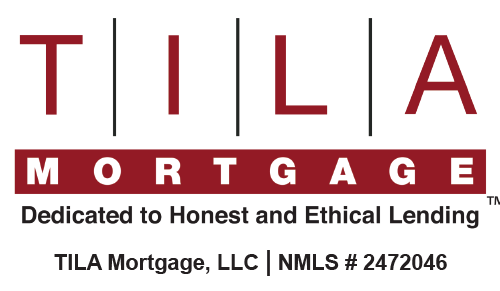Home refinancing is a common practice in the mortgage industry. Put simply, it refers to the process of replacing an existing loan with a new loan.
Why would a homeowner want to take on new loan instead of just keeping their current one? Refinancing actually allows borrowers to take out a loan with new terms that will be used to pay off – and essentially replace – their previous loan. Generally, the homeowner refinances when they find that the terms of their new loan are more favorable than the terms of their old loan.
Why Refinancing Matters
Our financial needs and goals are not static. In fact, our needs can change often based on our circumstances. Similarly, when a borrower signs up for a mortgage loan, they may have specific financial needs and goals that can then change after a few years.
For example, some homeowners may take out an initial loan with the goal of having the lowest monthly payment possible. A few years later, their goal may change to paying off their home more quickly. Still others may find that interest rates have dropped (or their credit rating has improved) since their initial loan was taken out.
Refinancing can help homeowners in a number of ways, including:
Reduced Monthly Payment: If you’re able to secure a lower interest rate or if your refinance extends the life of your loan, your monthly mortgage payments will be reduced.
Lifetime Interest Savings: If interest rates have dropped or if your credit rating has improved, you may qualify for a different rate than before. Taking out a new home loan may help you get a lower interest rate than you had on your original loan and save you money over the long haul.
Change the Length of the Loan: You can either shorten or extend the life of your loan by refinancing. If you want to pay off your loan more quickly, refinancing can help accomplish that goal. Similarly, if you want to take longer to pay off your loan, that can also be accomplished through refinancing.
Convert from ARM to Fixed Rate: ARM (adjustable rate mortgage) loans are attractive because they tend to begin with a lower interest rate and monthly payment. However, the interest rate changes throughout the life of the loan and can cause payment amounts to rise and become unpredictable. Many borrowers opt to switch to a predictable fixed rate mortgage when interest rates are low to lock in the low rate and fixed monthly payment.
Refinancing Application Process
You can likely apply for refinancing from the same lender that holds your existing loan. However, it’s wise to look at other lenders, too, as you may find they offer different loan options and interest rates. Shop around to get a great deal – refinancing is available for an array of loans including VA, FHA, and USDA.
Significance of Credit Score
Your credit score will affect your likelihood of getting a refinancing approval and favorable interest rate. The general rule of thumb is: the higher the credit score, the lower your interest rate is going to be.
Interested in a home refinance? Our experienced loan officers can help you find an excellent refinancing product or mortgage loan, including Adjustable Rate Mortgages, Fixed Rate Mortgages, VA Loans, Jumbo Loans, and many more. Call 206-766-8888 for a free consultation to see how we can help!




